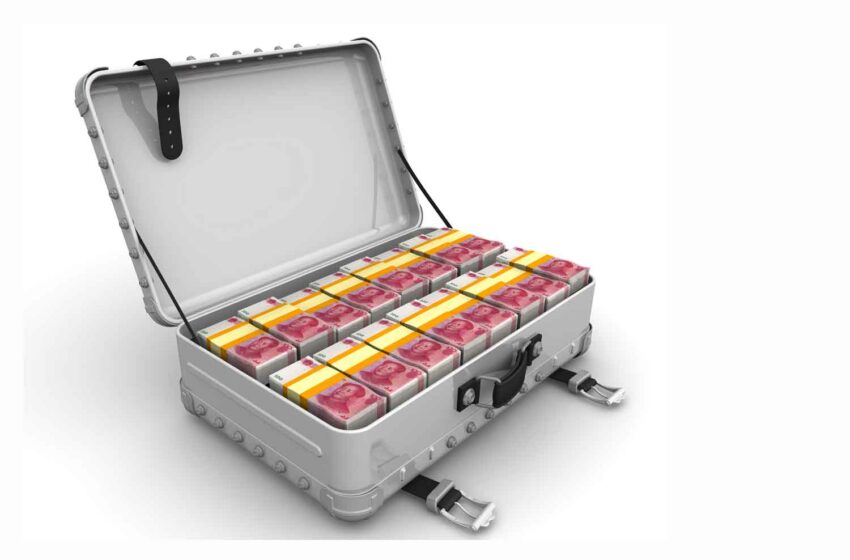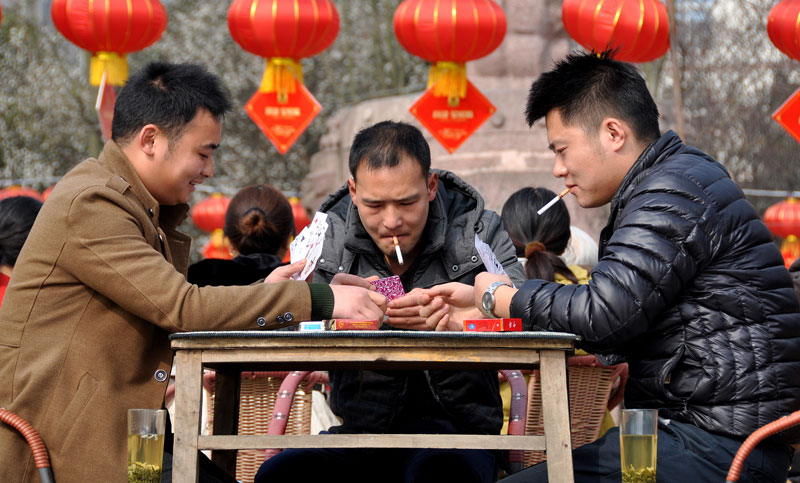An agricultural leader wants large farmers to help Malawi improve the quality of tobacco.Read More
Tags :China
He Zehua admits to having accepted illegal payments equivalent to $130 million.Read More
The deal includes a joint product, with the Chinese partner handling the marketing.Read More
Gu Bo allegedly accepted more than $50 million in bribes. Read More
The confiscated cigarettes would have generated some HKD1.54 billion in tax revenue.Read More
Records show that the makers of disposable vapes routinely mislabel their shipments.Read More
One year after the introduction of China’s vapor regulations, law-abiding firms continue to struggle with illicit competition. Read More
Zehua stands accused of taking advantage of his former positions to seek profits.Read More
Ling Chengxing is suspected of having violated 'Communist Party disciplines.' Read More
Years after signing up to the treaty, China continues to struggle with high consumption.Read More










